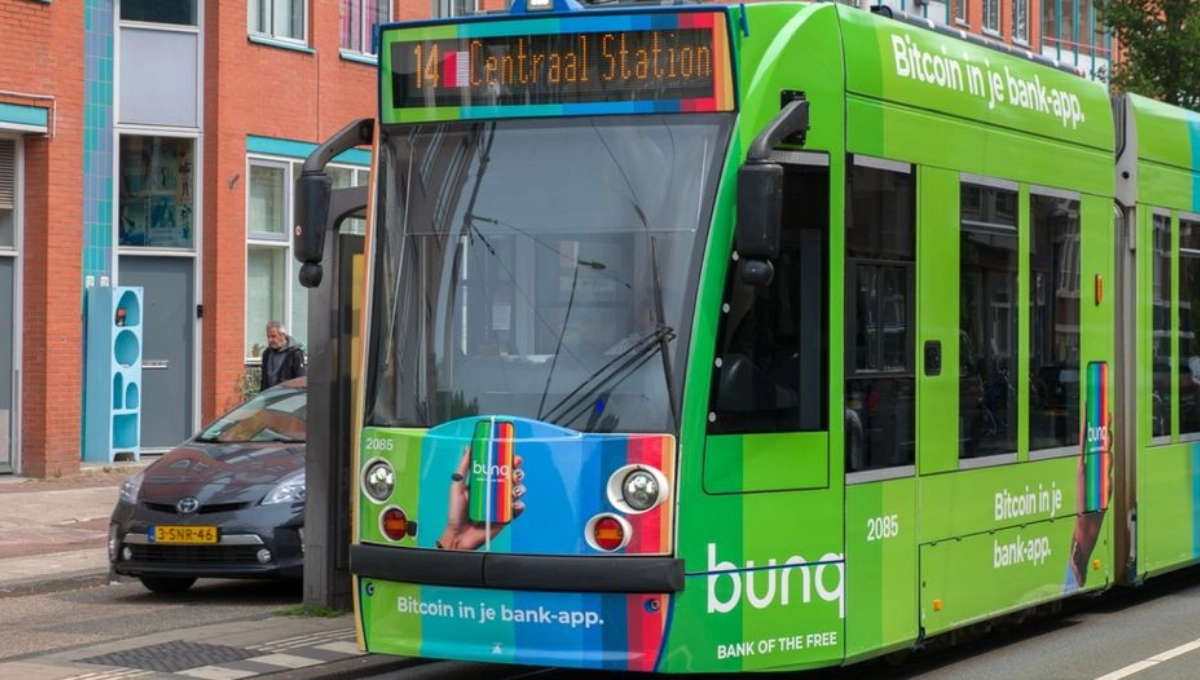Dutch central bank fined the Dutch online lender Bunq €2.6 million (approximately $3.04 million) in 2025 for serious deficiencies in its anti-money laundering (AML) controls, marking a significant regulatory enforcement action against the digital lender. This fine resulted from a comprehensive review by the Dutch central bank, De Nederlandsche Bank (DNB), covering the period from January 2021 to May 2022, during which Bunq was found to have failed adequately to investigate and report potential financial crimes as required by AML regulations. The fine highlights the heightened focus by Dutch authorities on strengthening AML controls amid increasing financial crime risks in the digital banking sector.
Details of the Fine and AML Failures
The DNB’s investigation revealed that Bunq had serious shortcomings in following up on transaction monitoring alerts. Specifically, Bunq failed to sufficiently investigate signals indicating potential financial crime. In some cases, transactions with similar suspicious characteristics were inconsistently reported to the Financial Intelligence Unit (FIU), undermining effective monitoring and reporting protocols. According to DNB, this regulatory lapse occurred in at least four distinct cases between early 2021 and mid-2022.
Further, the enforcement followed several previous examinations between 2018 and 2023 in which Bunq’s compliance with the Anti-Money Laundering and Anti-Terrorist Financing Act (Wwft) was found lacking. Despite earlier fines and warnings, Bunq did not demonstrate sustained compliance or adequate progress in rectifying the deficiencies. This persistent failure prompted the DNB to impose a significant punitive fine as a measure to enforce compliance rigorously.
Bunq’s Response and Objection
In response to the fine, Bunq has formally objected to DNB’s ruling, emphasizing its commitment to AML responsibilities. A spokesperson for Bunq stated, “At bunq, we take our role as gatekeeper very seriously. We use the most advanced technology and continuously strengthen our systems, including in response to these four cases from 2021-2022.” The spokesperson also expressed confidence in Bunq’s position despite the regulatory action, underscoring ongoing efforts to improve their compliance frameworks and technologies.
Context of Dutch AML Enforcement
The fine against Bunq occurs in a broader context of intensified AML scrutiny and enforcement by Dutch financial regulators. Major Dutch banks such as ING and ABN Amro have also faced substantial penalties in recent years for AML control failures. Rabobank is currently facing legal proceedings over allegations of insufficient money laundering detection.
These regulatory measures reflect the Dutch government’s and the DNB’s commitment to bolstering their financial system’s integrity by combating money laundering and other financial crimes. In May 2025, the Dutch government introduced a new AML approach aiming to balance easing compliance for legitimate businesses while strengthening defenses against criminal misuse of the financial system. Key elements of this approach include enhanced cooperation between the Financial Intelligence Unit (FIU-NL), financial institutions, and law enforcement, as well as increased powers for the FIU-NL to freeze suspicious transactions and restrict cash payments above certain thresholds.
Significance for Digital Lenders and Fintechs
This enforcement action against Bunq sends a strong signal to digital lenders and fintech companies operating in the Netherlands and wider Europe. As financial innovation accelerates, regulators are increasingly focused on ensuring these new market entrants implement robust AML controls comparable to traditional banking standards. The fine underscores the importance of comprehensive transaction monitoring, proper investigation of suspicious activities, and consistent reporting of potential financial crimes.
The €2.6 million fine imposed on Bunq by the Dutch central bank for serious AML shortcomings highlights the increasing regulatory pressures on digital financial service providers to maintain rigorous anti-money laundering systems. Despite Bunq’s objection and stated commitment to improving compliance, the enforcement reflects the Dutch authorities’ zero-tolerance stance on AML failures. The case fits into a wider framework of strengthened AML policy in the Netherlands, where government and regulatory bodies are actively working to adapt to evolving risks and technological changes in the financial sector.


